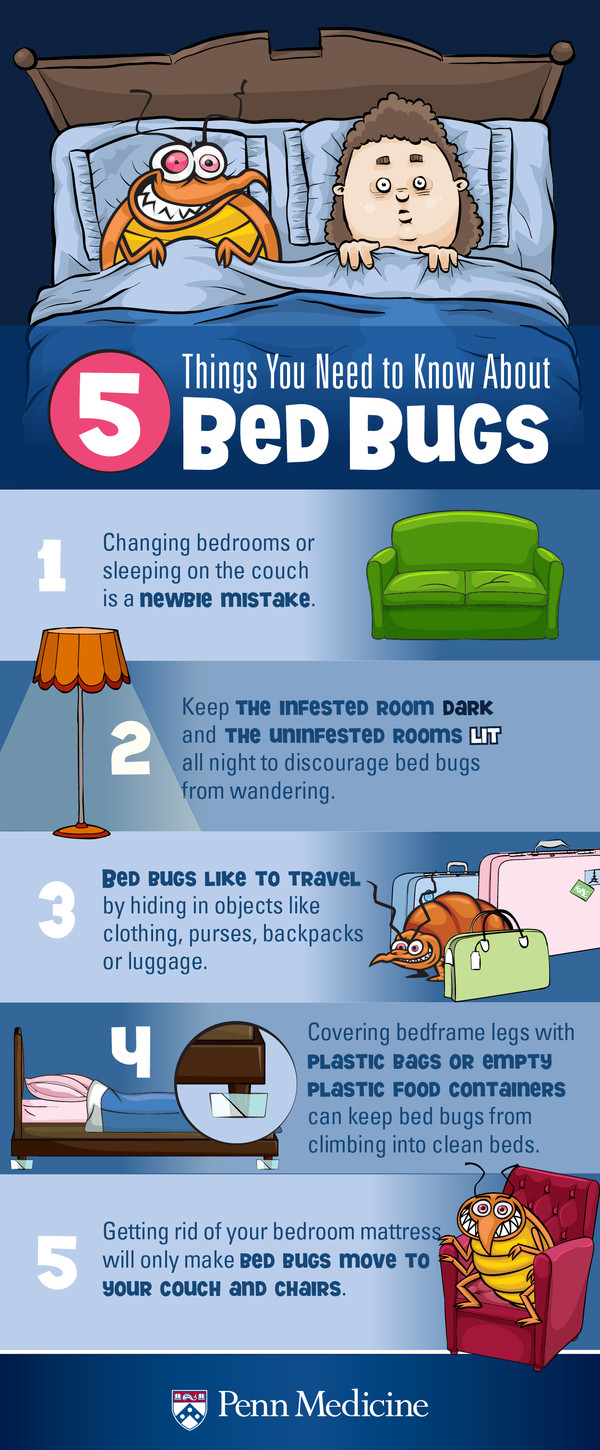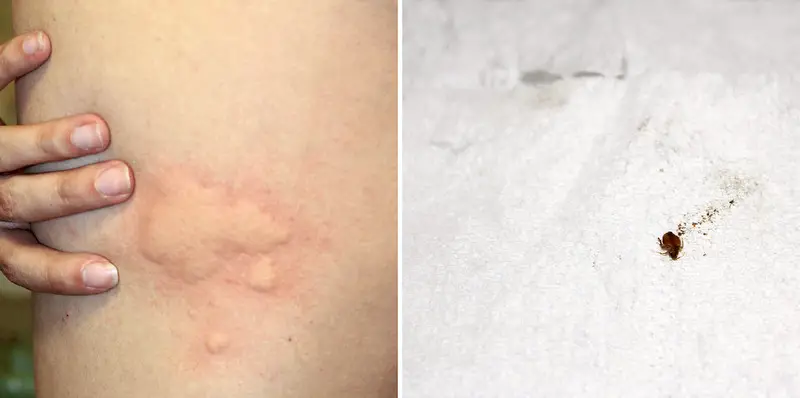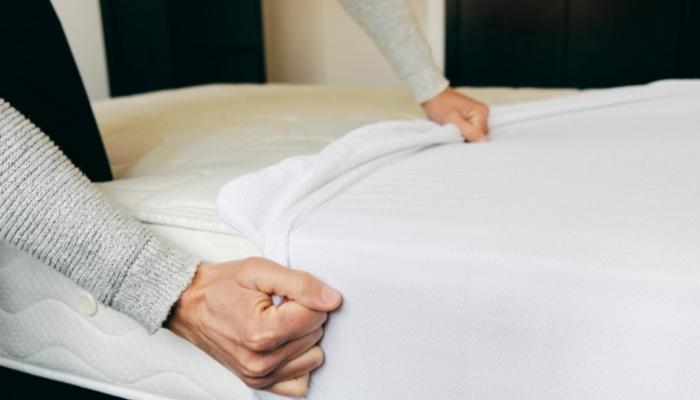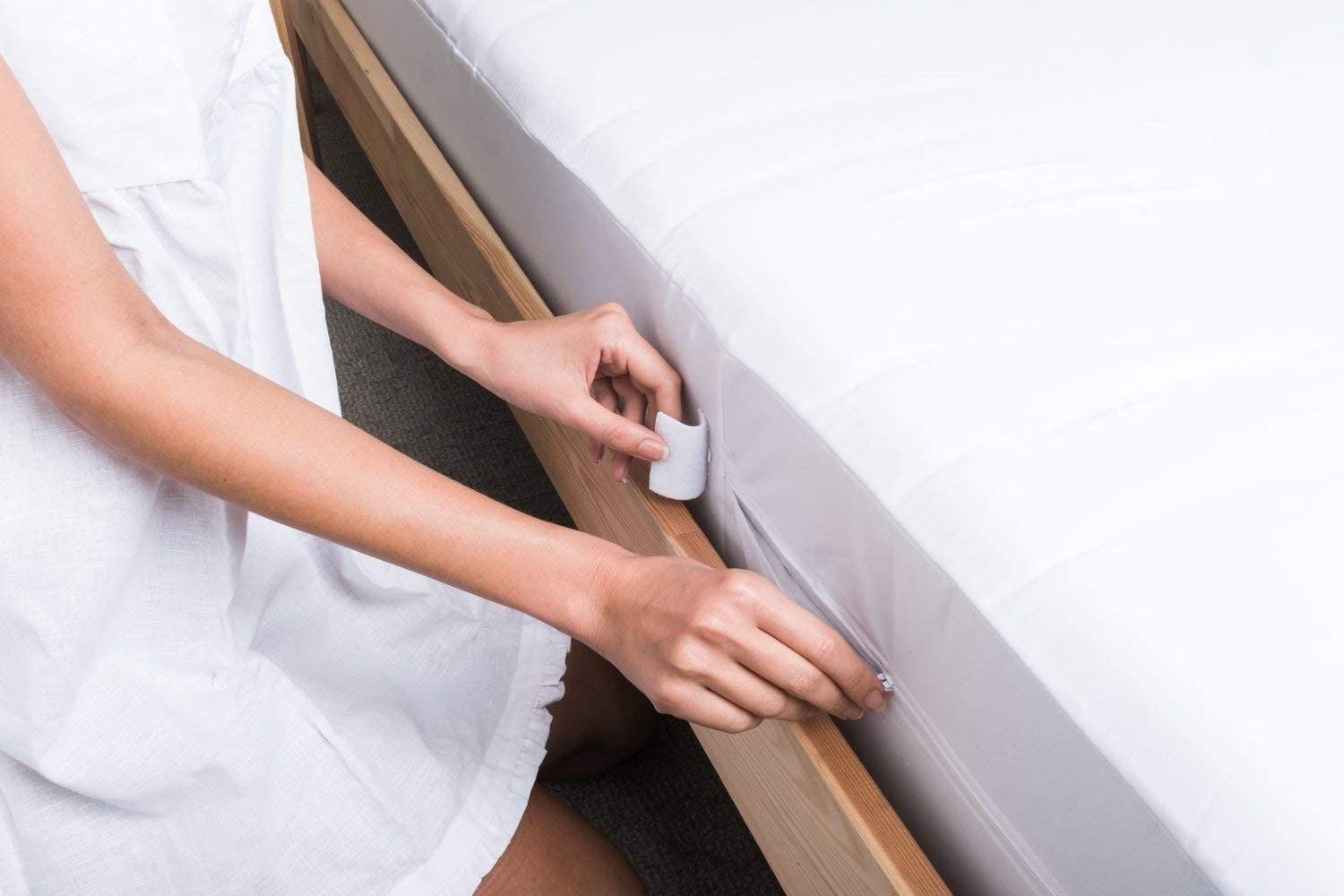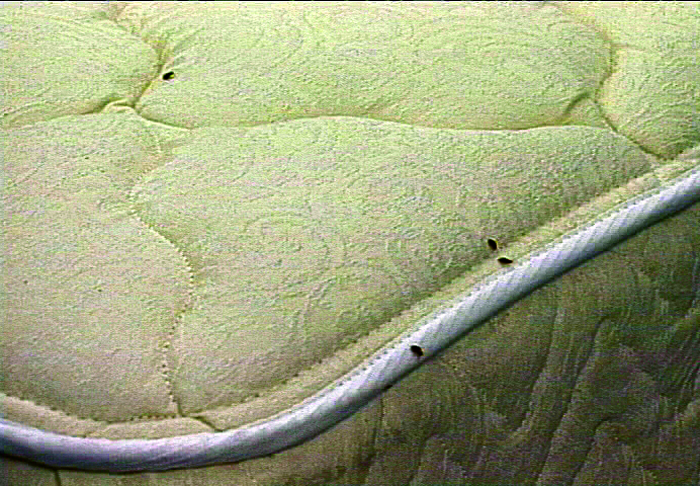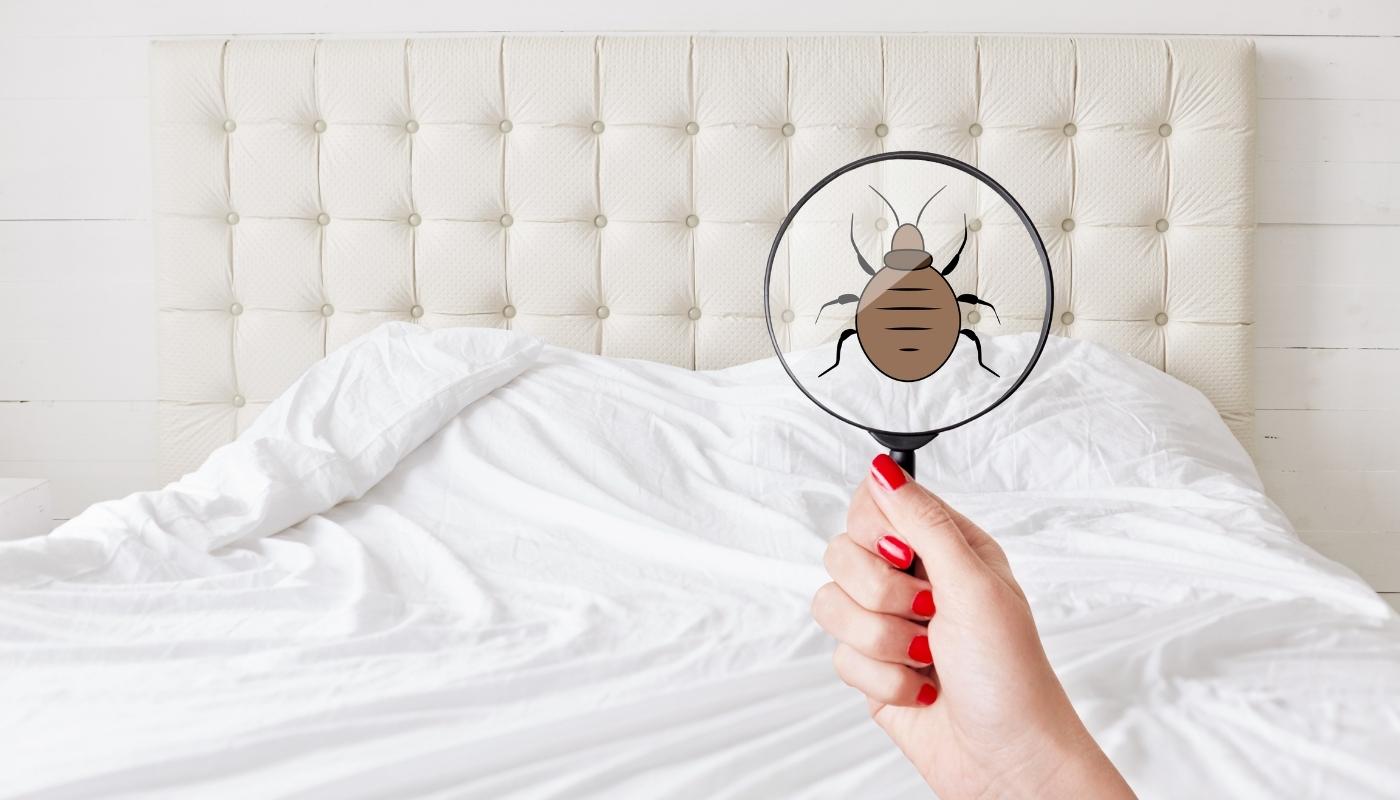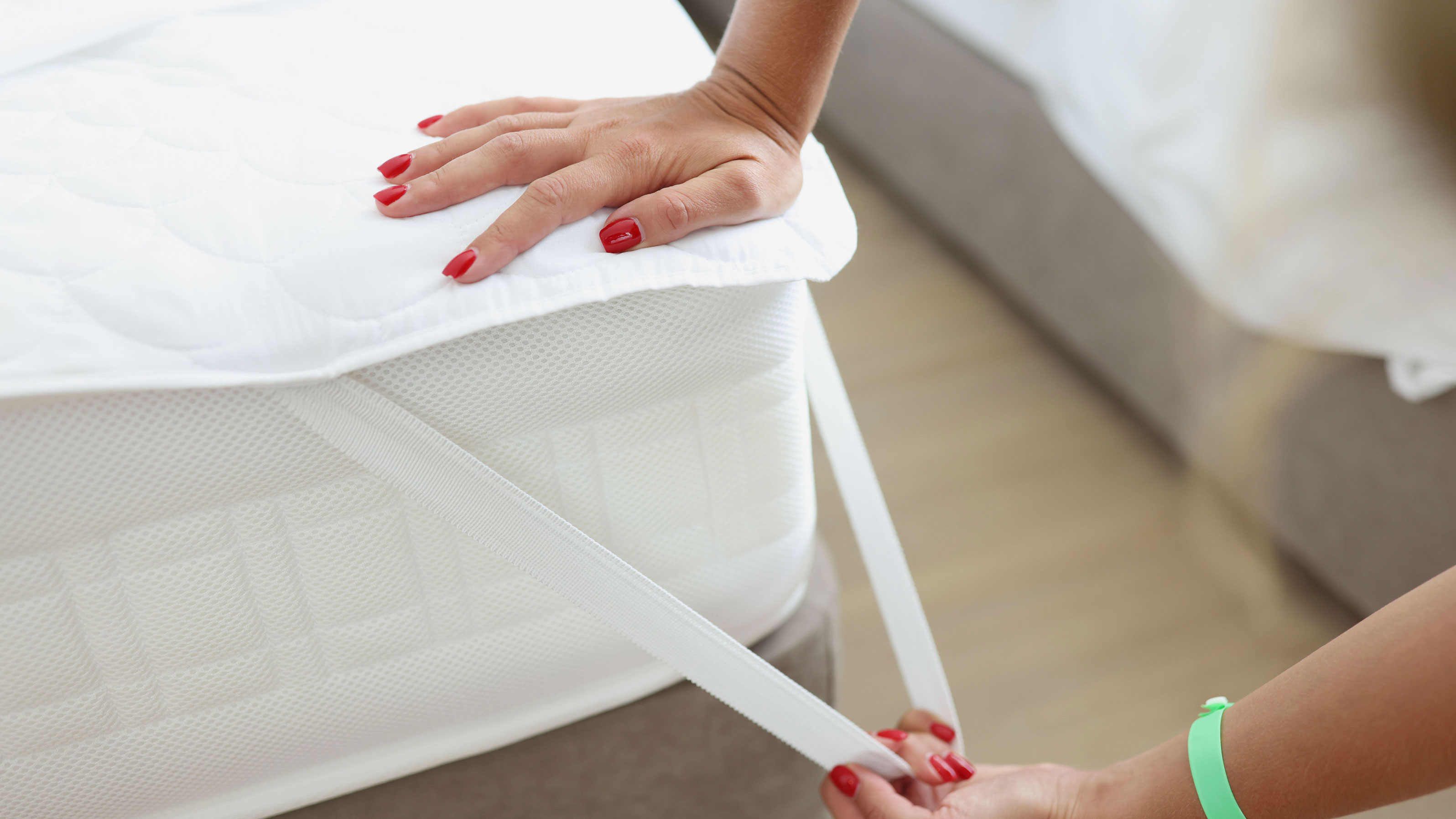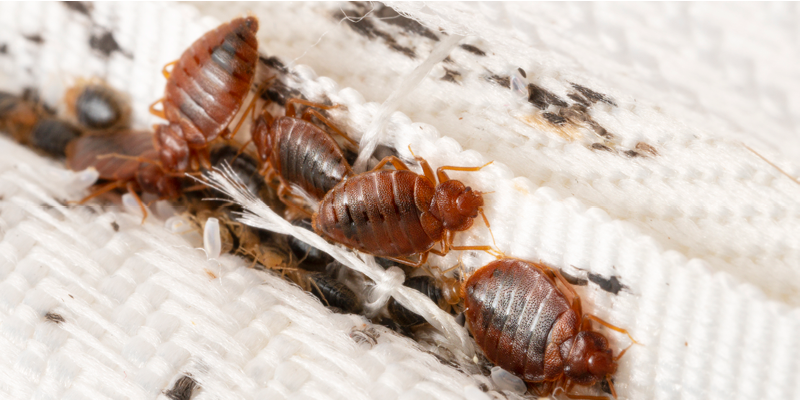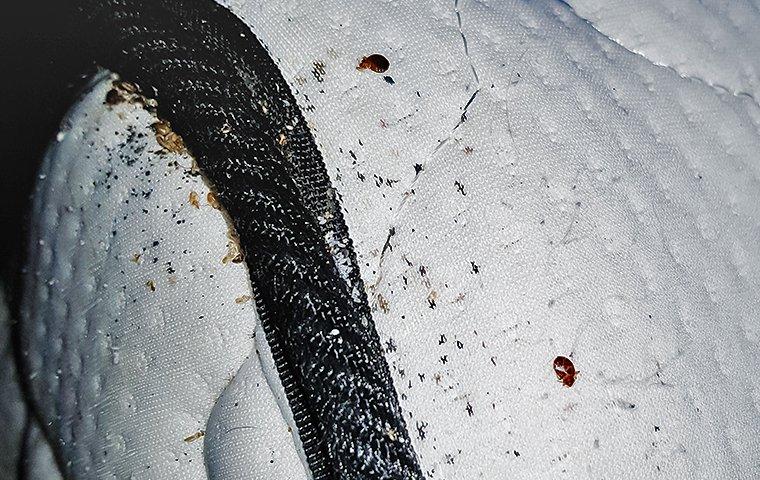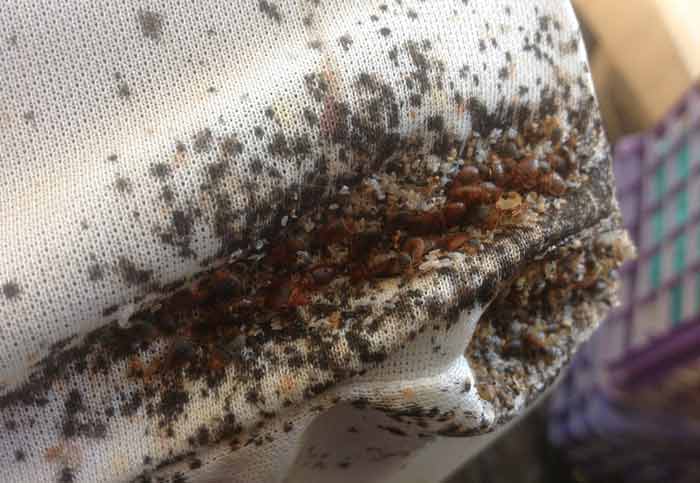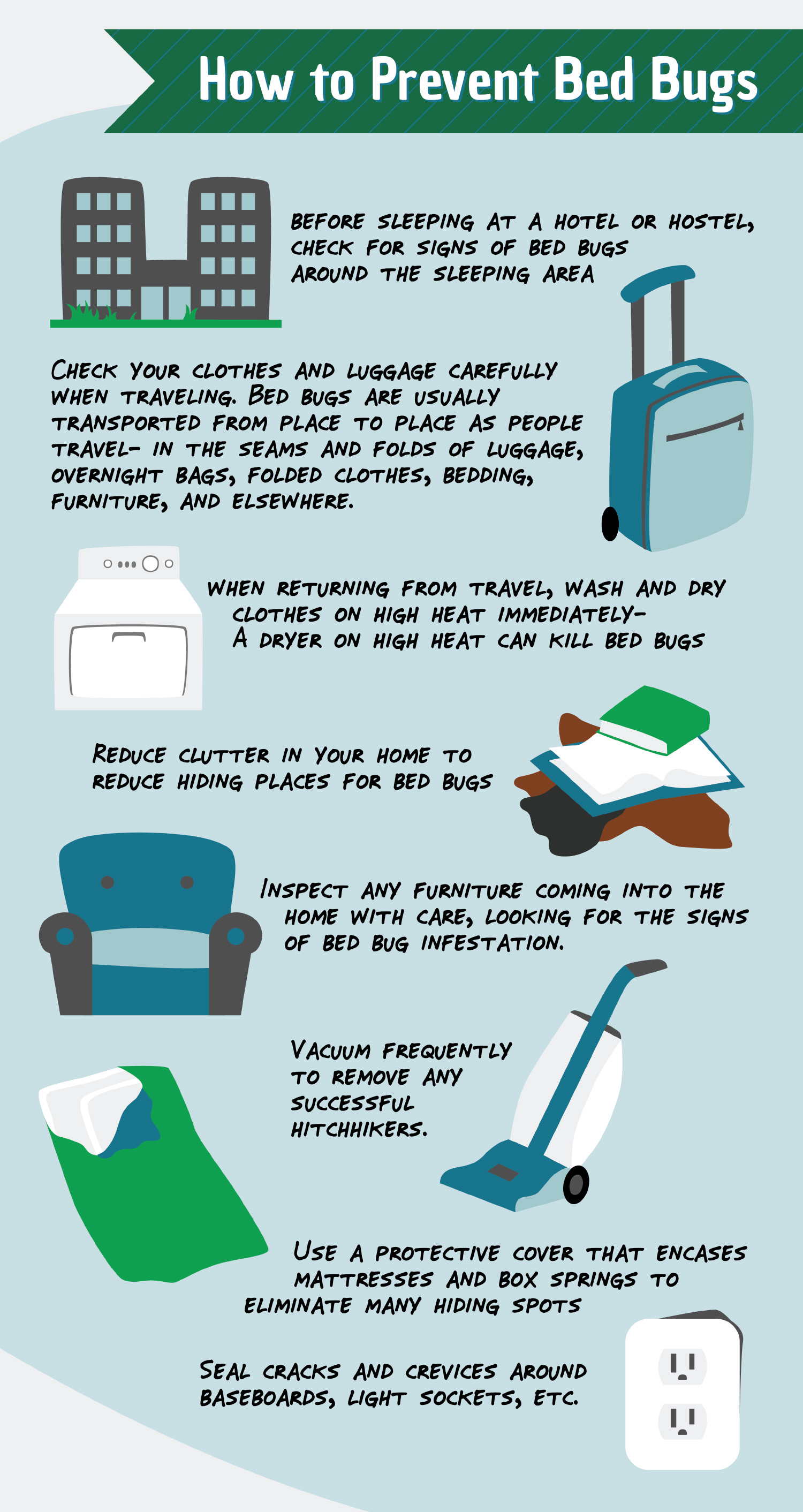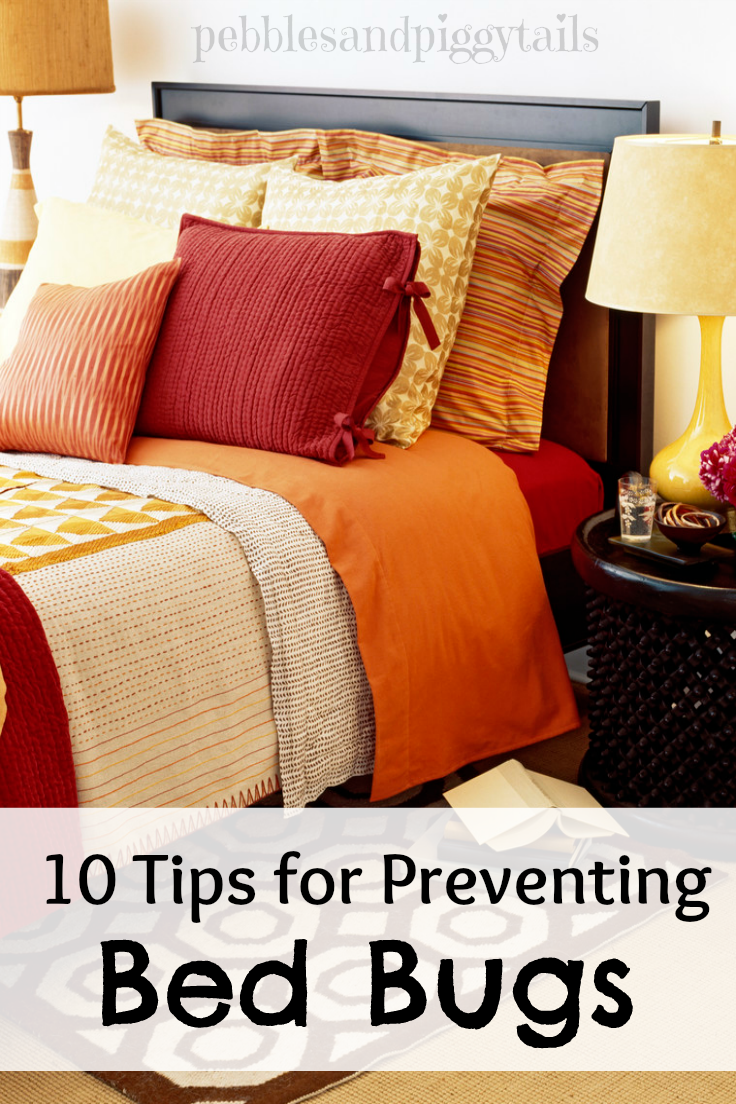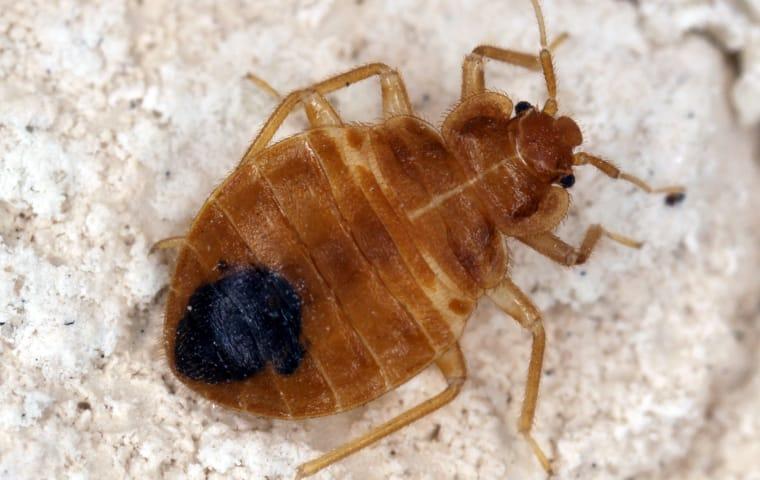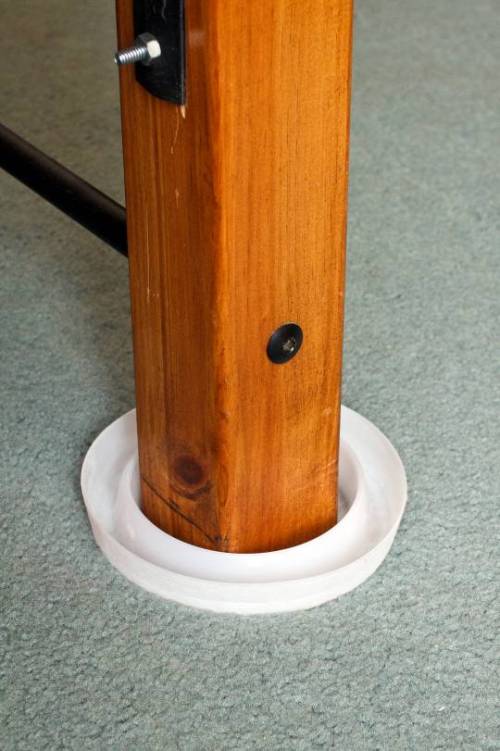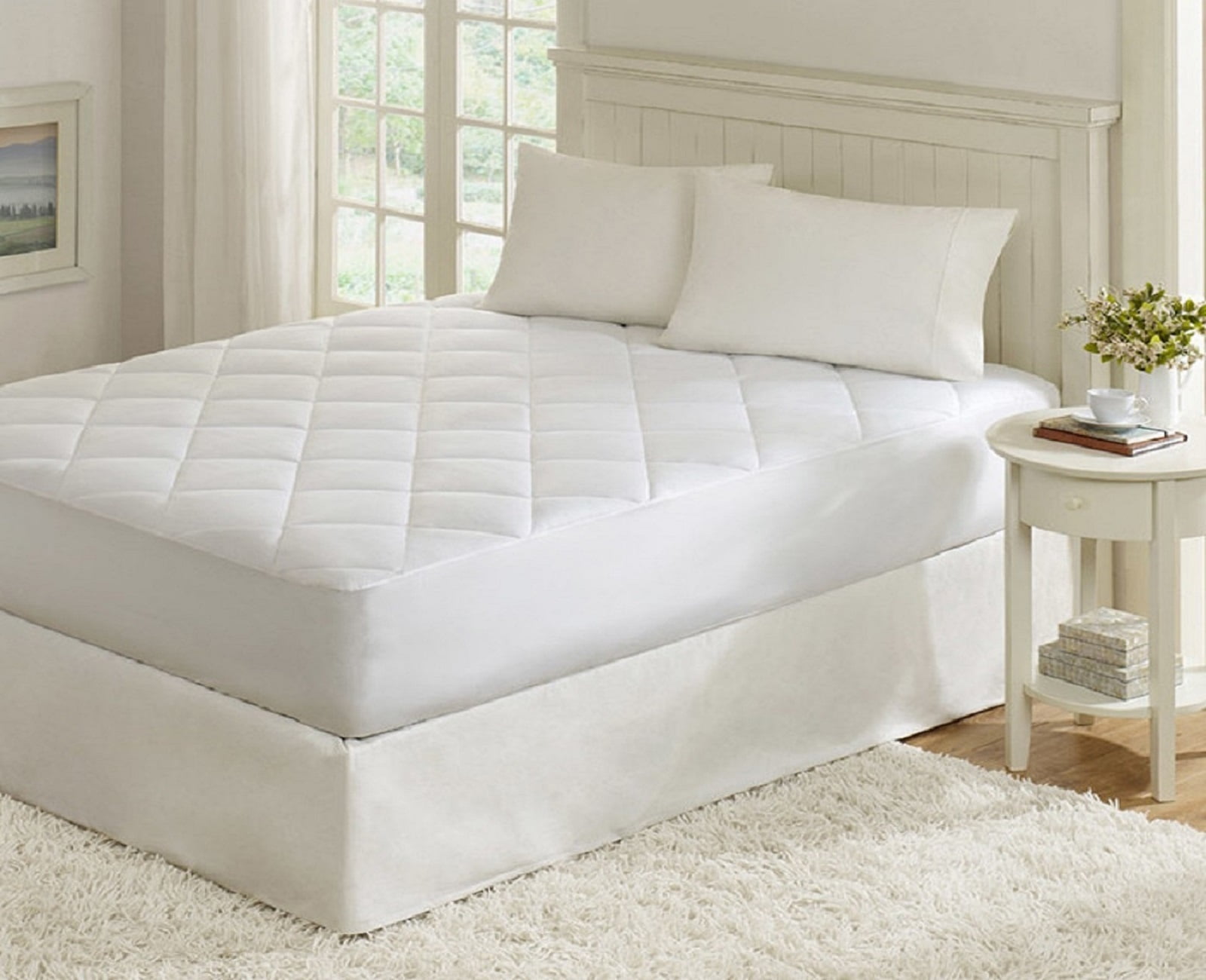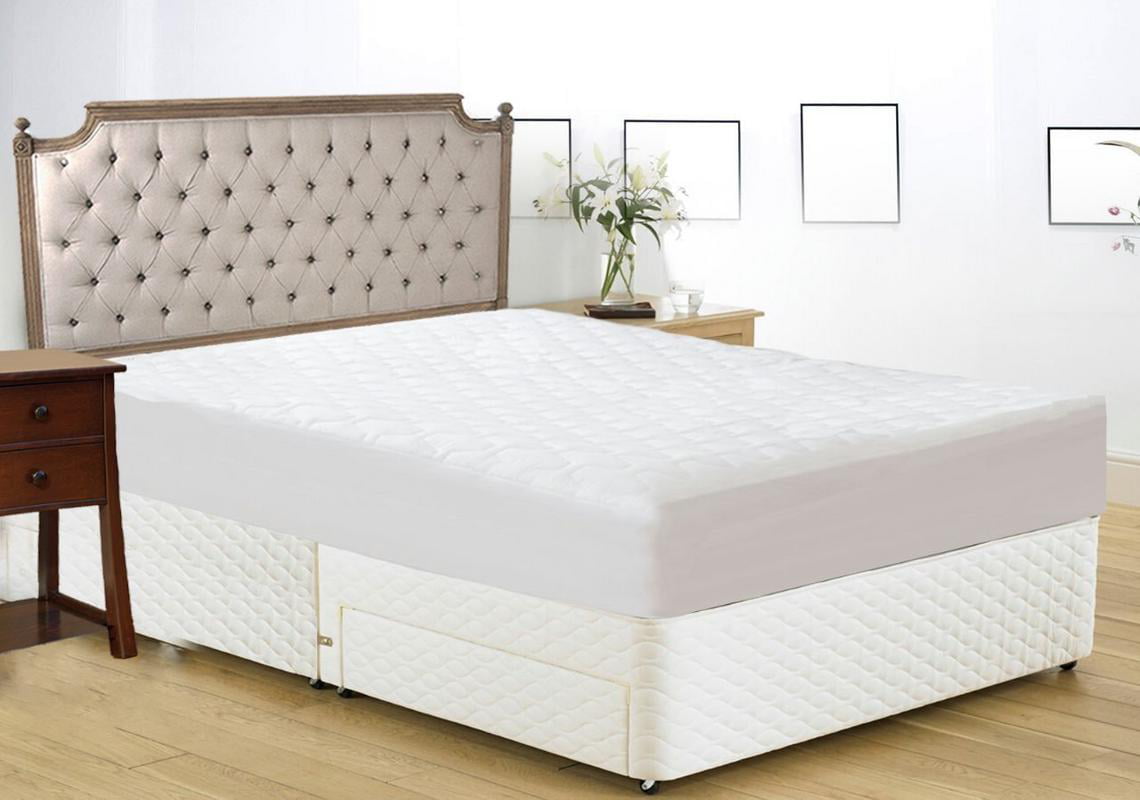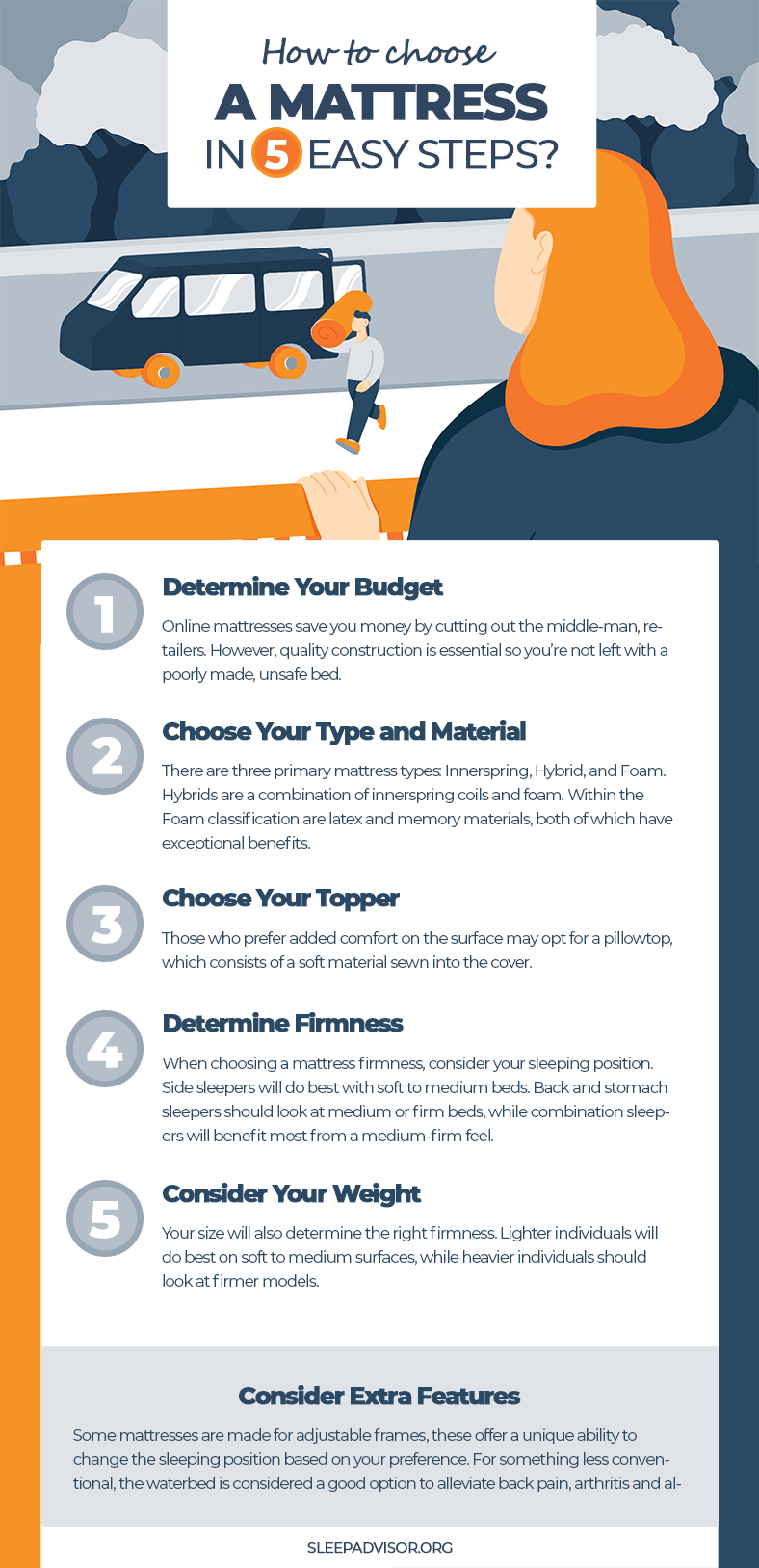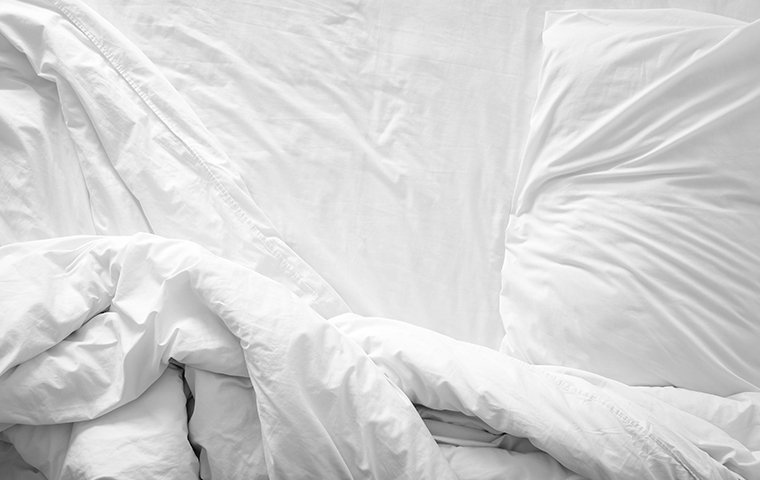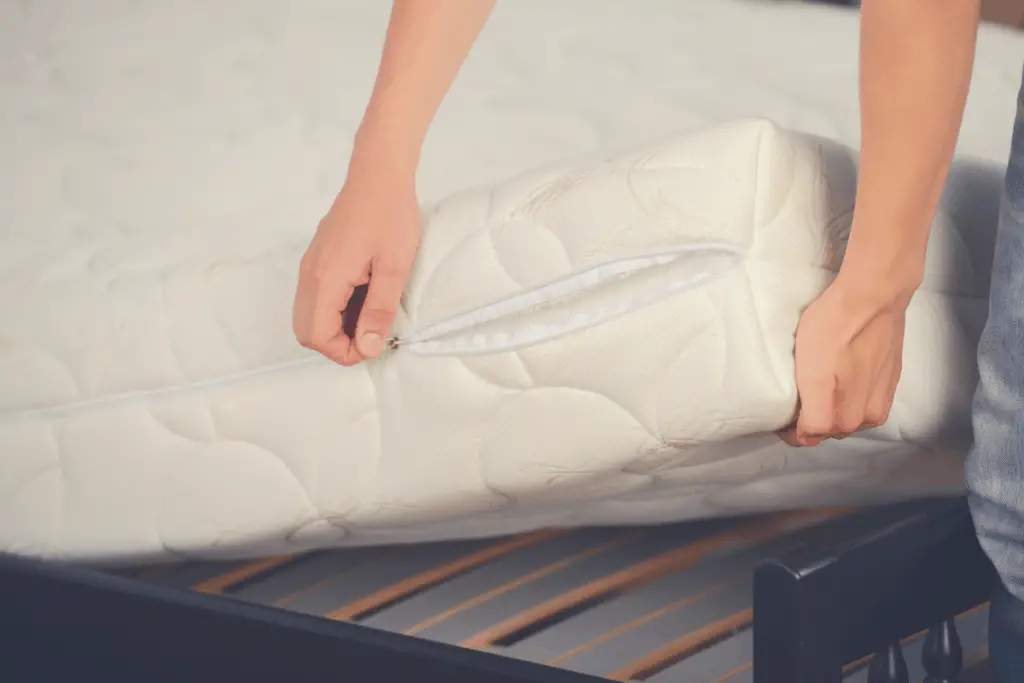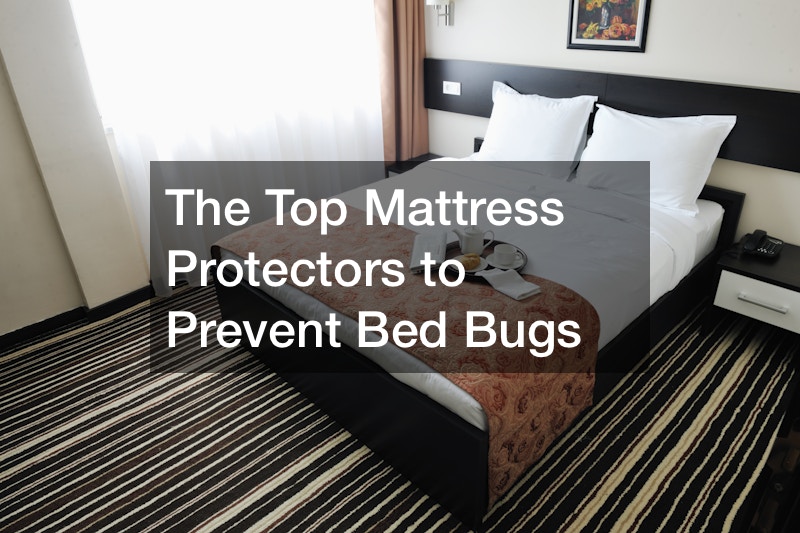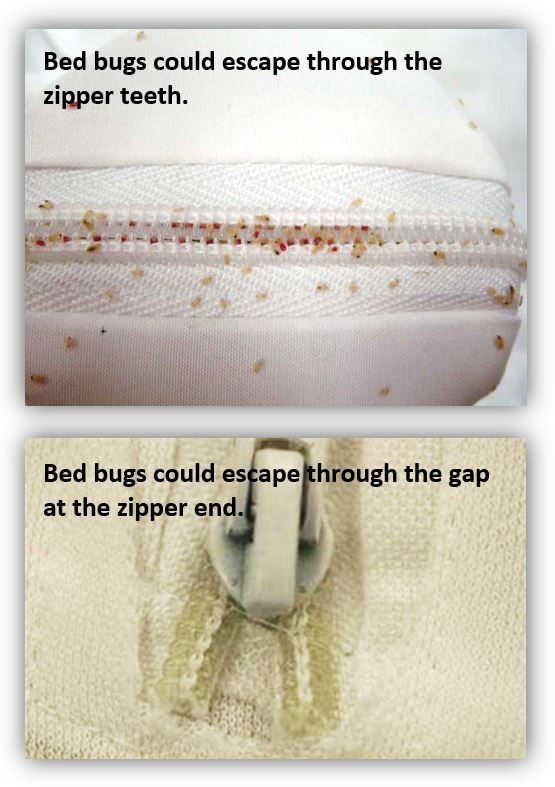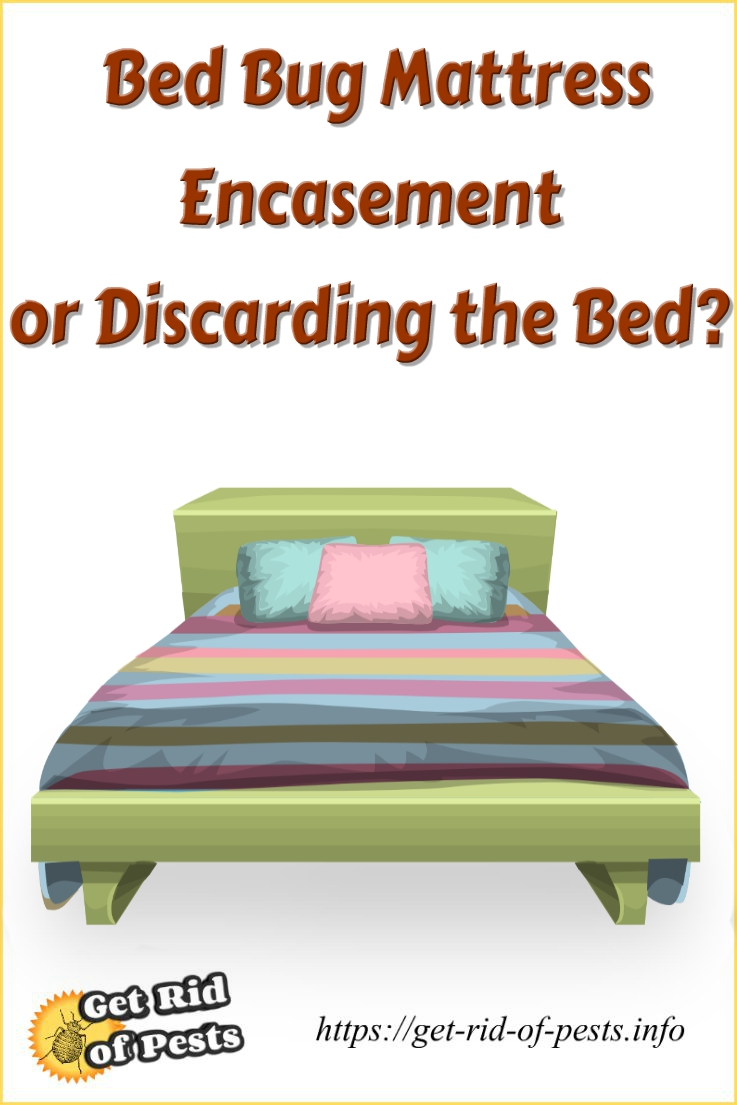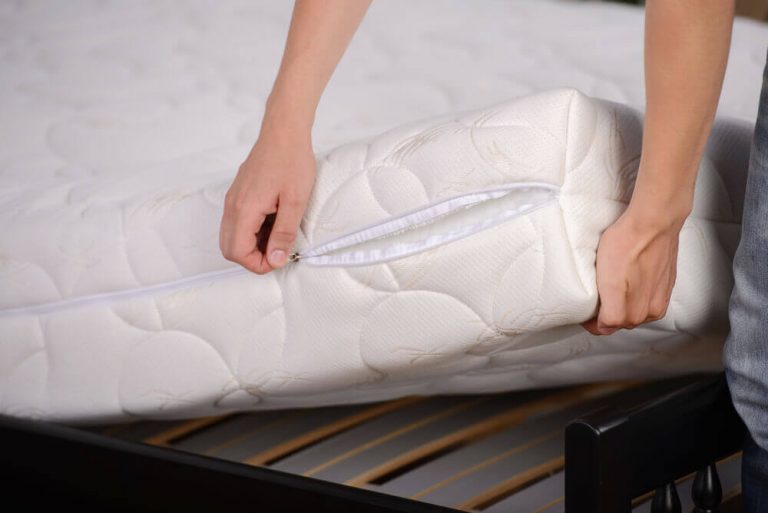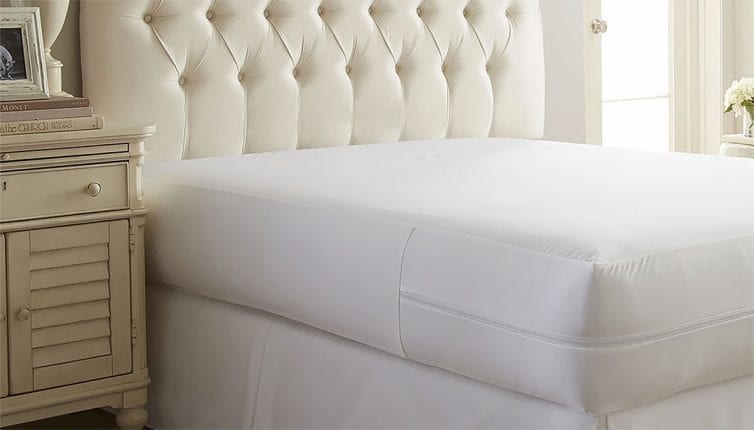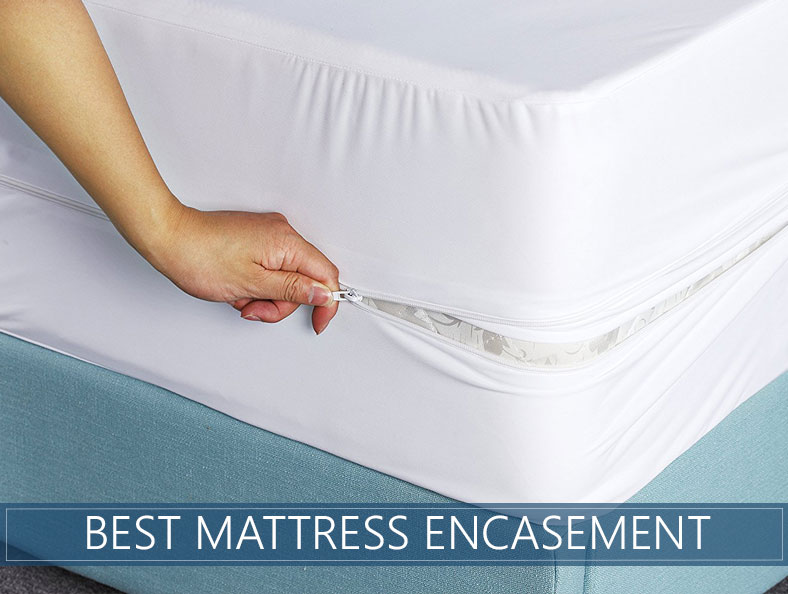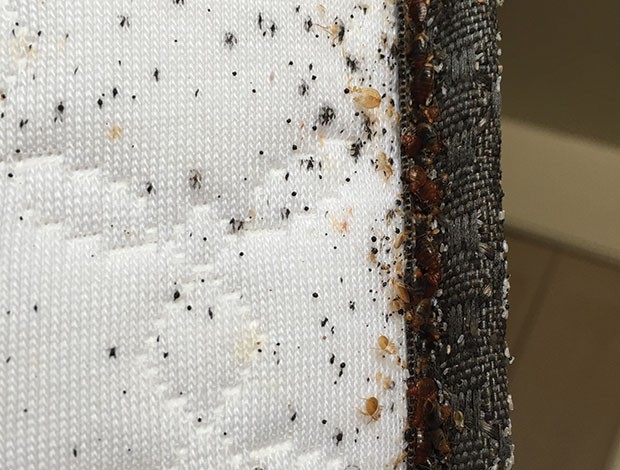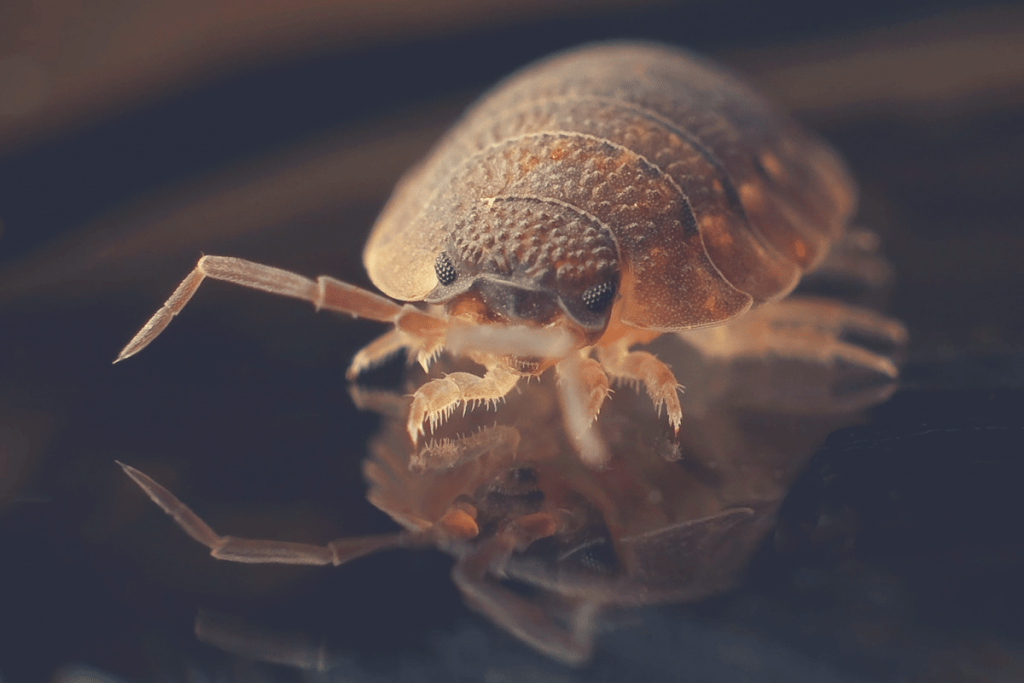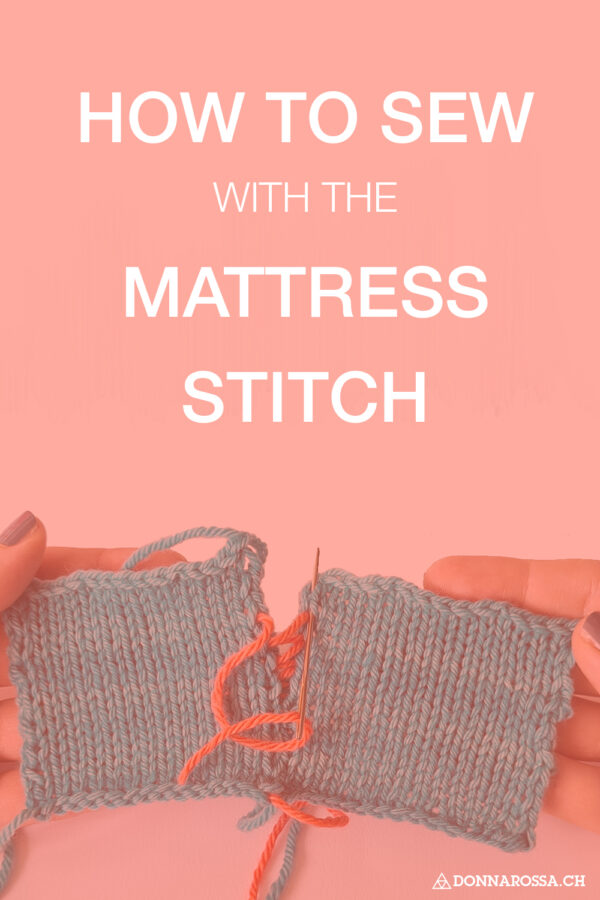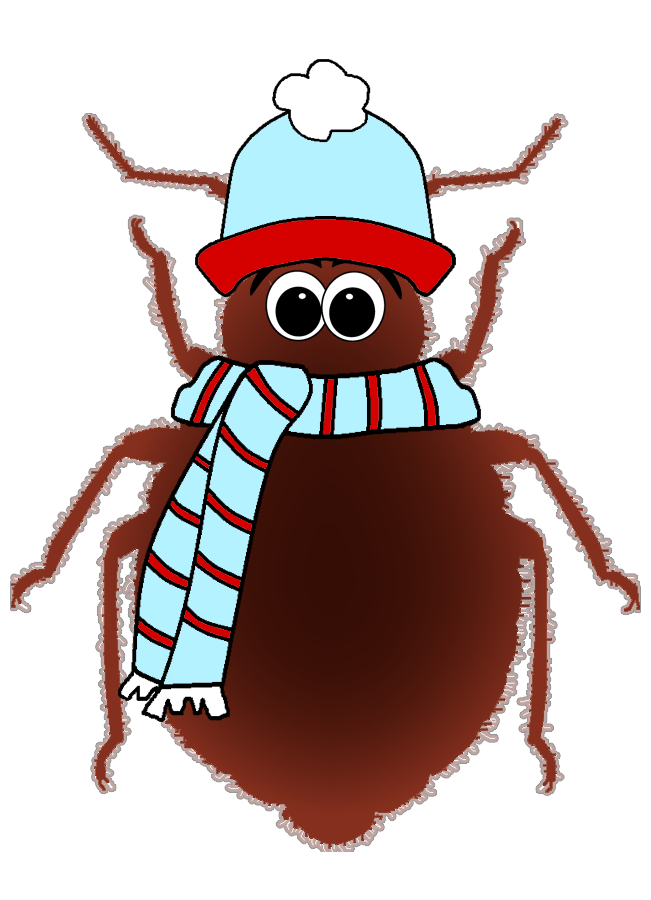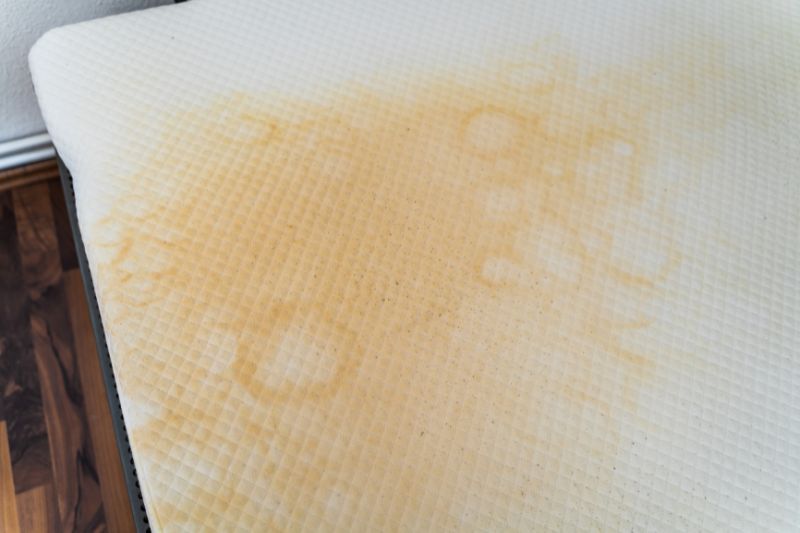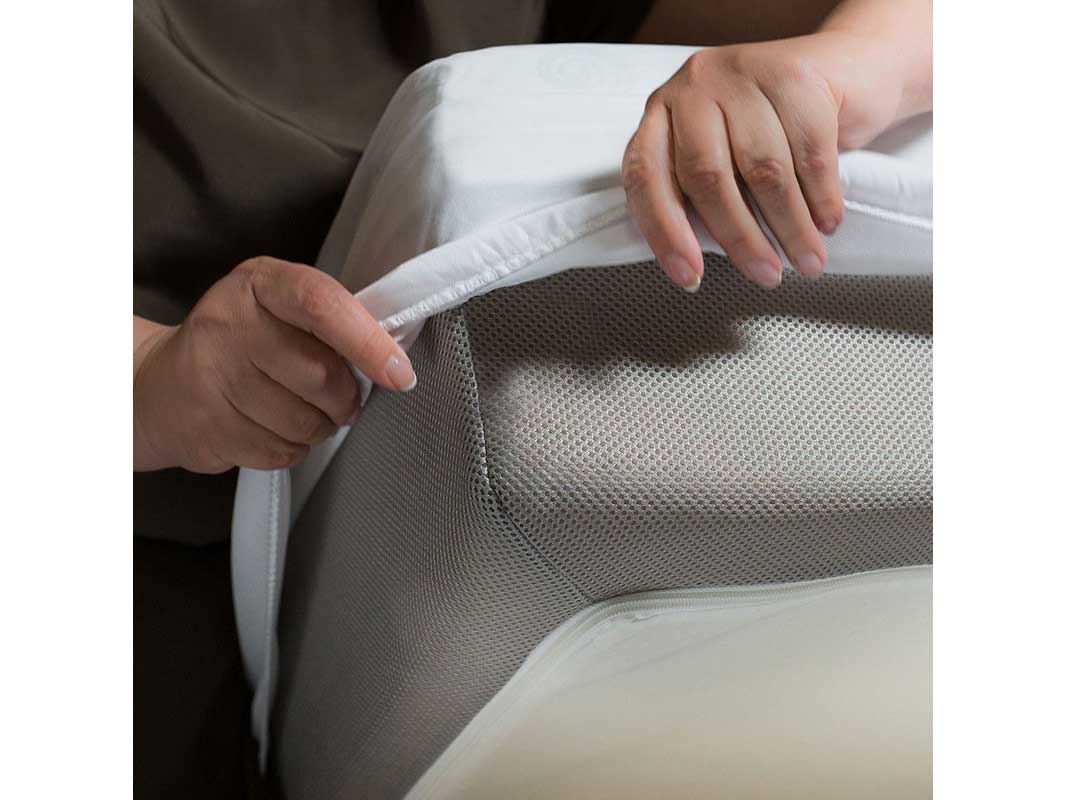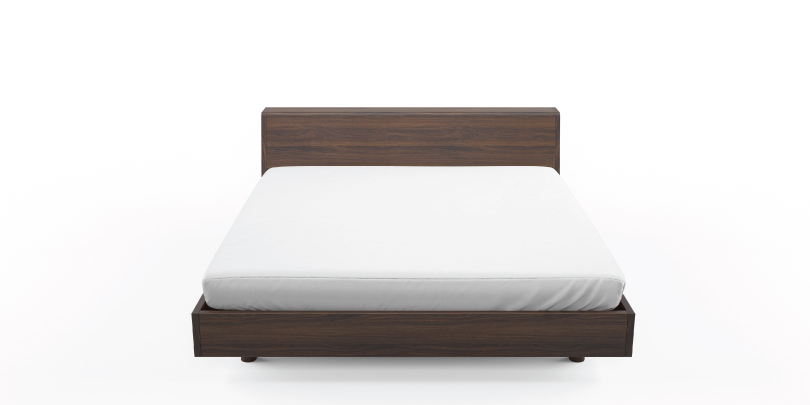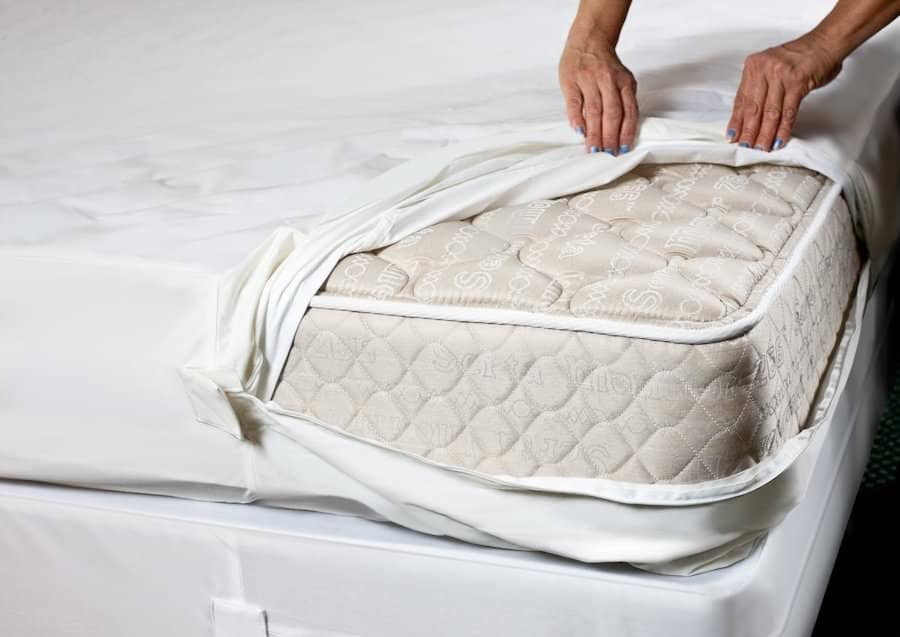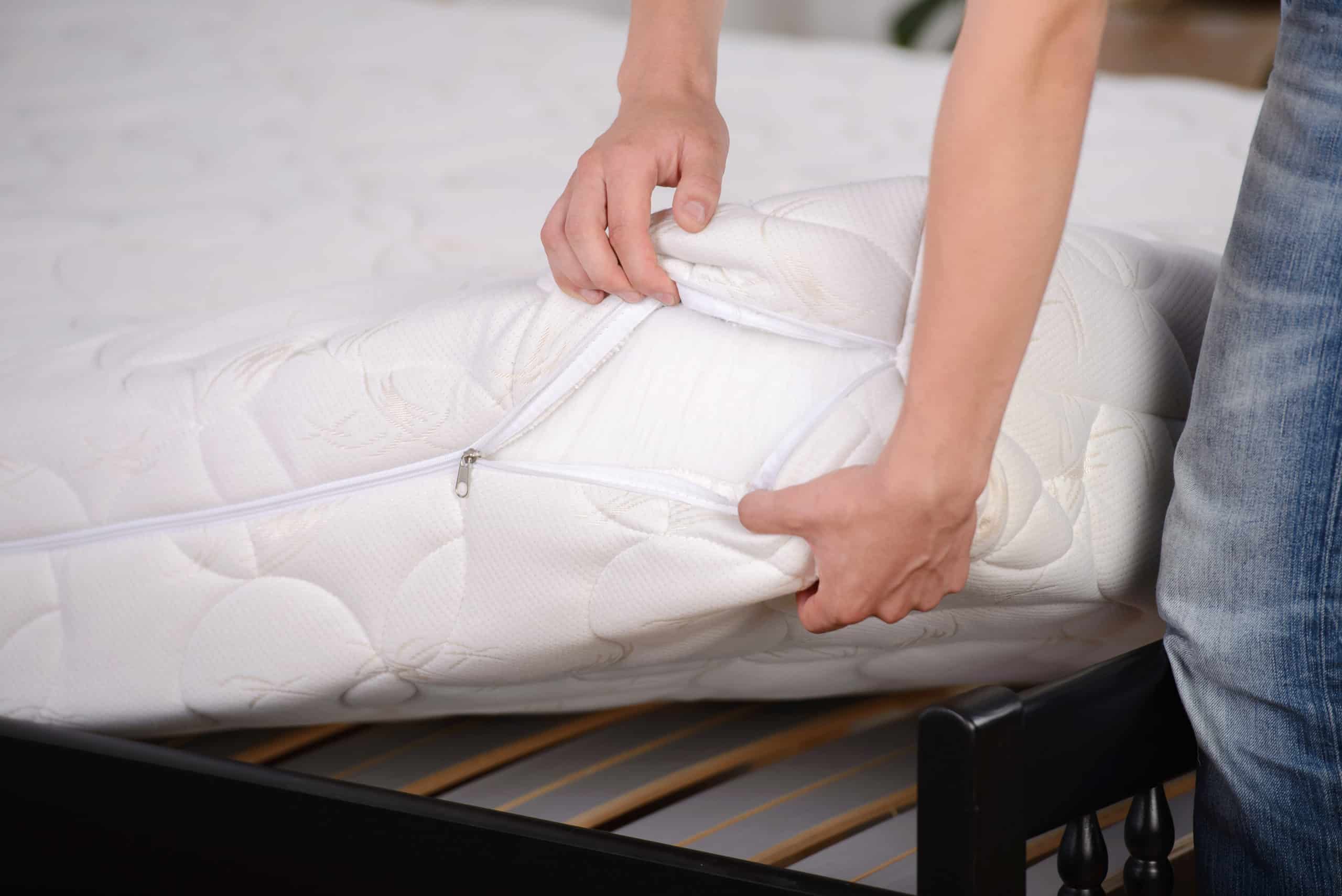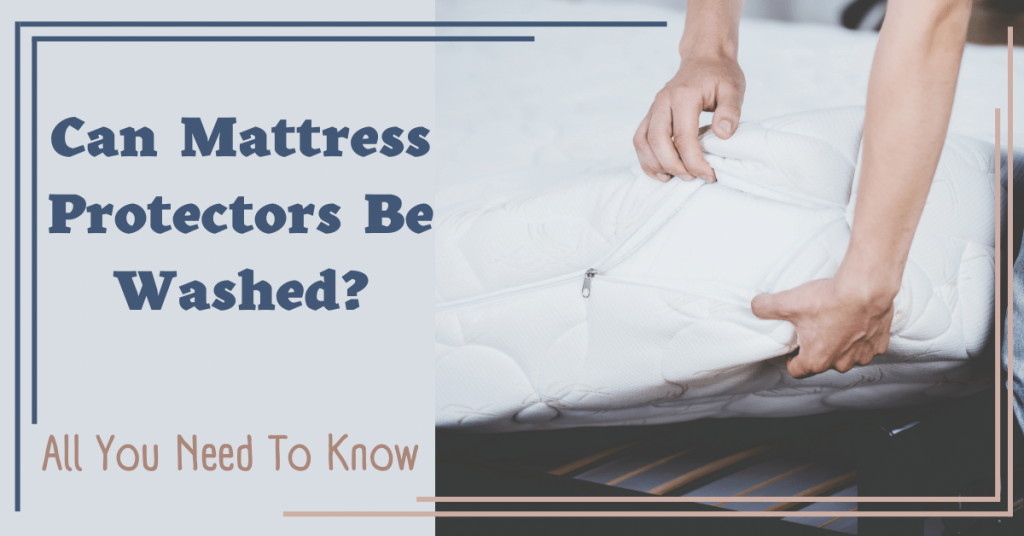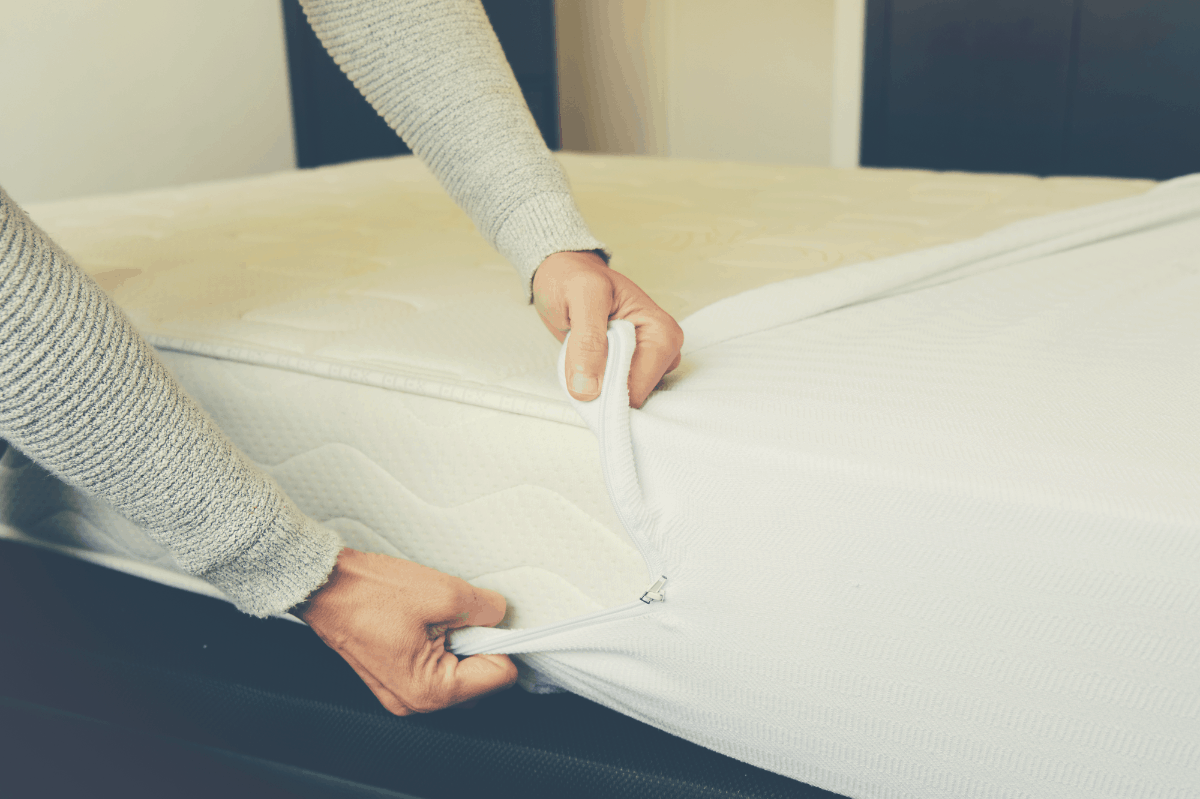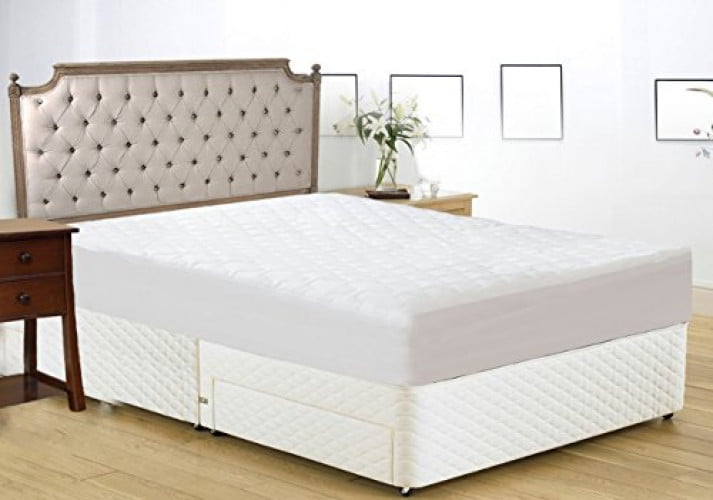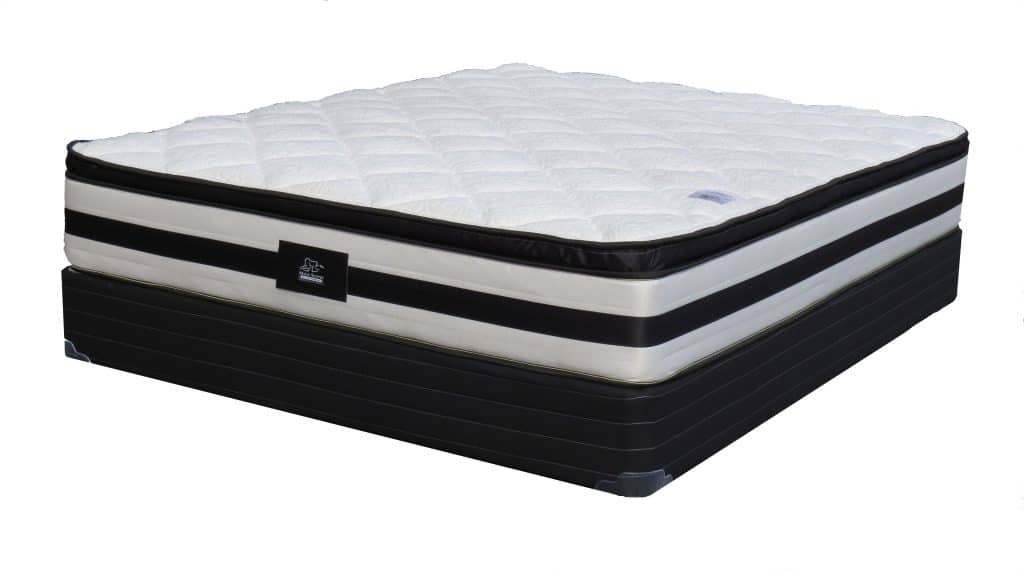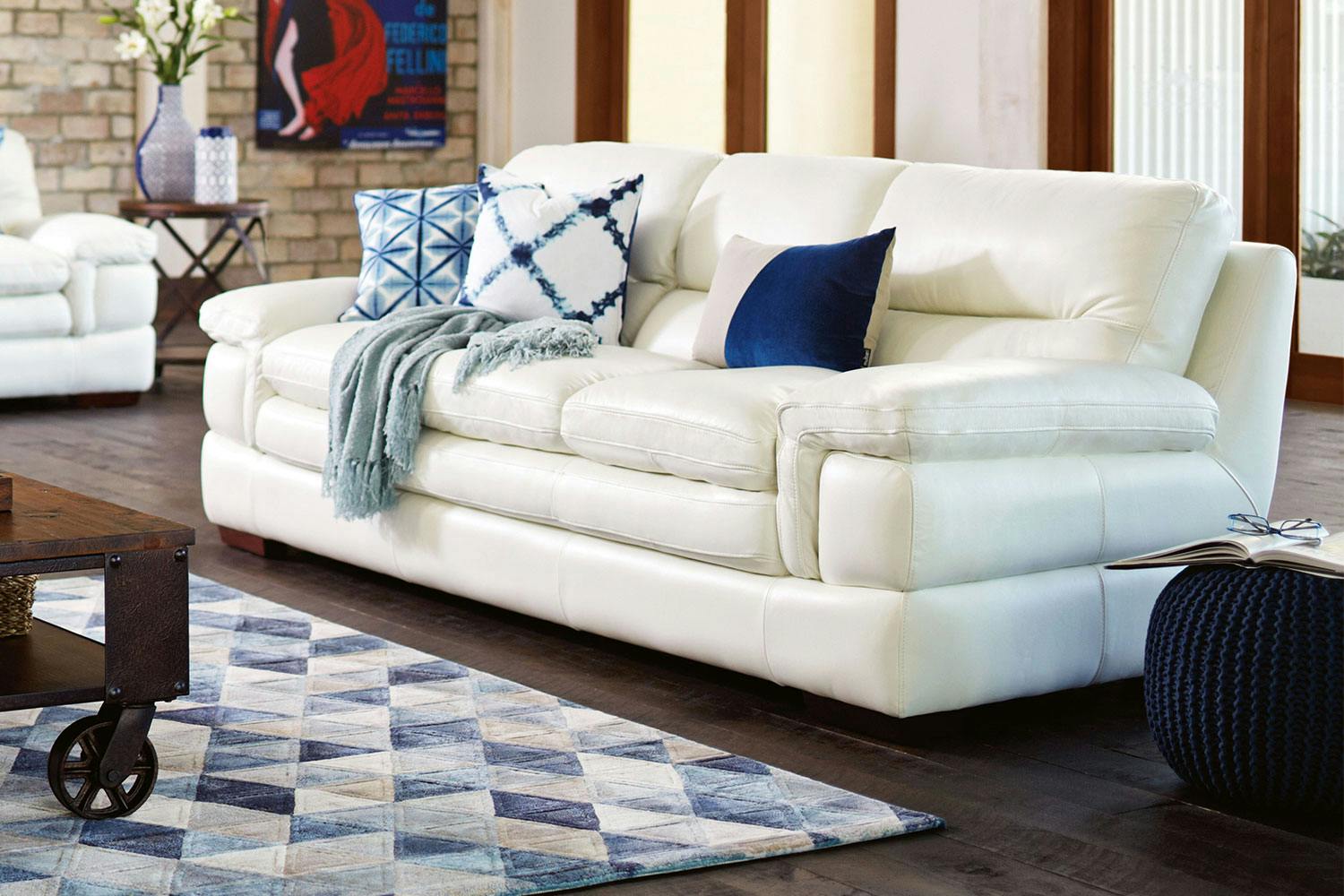Can a Mattress Protector Stop Bed Bugs?
Bed bugs are a common household pest that can cause discomfort and distress. These tiny insects feed on human blood and can quickly infest your home, including your mattress. While there are various methods for getting rid of bed bugs, prevention is always the best approach. One popular method for preventing bed bugs is by using a mattress protector. But can a mattress protector really stop bed bugs? Let's find out.
How to Use a Mattress Protector to Prevent Bed Bugs
Before we dive into whether a mattress protector can stop bed bugs, let's first understand how to use one to prevent these pesky insects from infesting your mattress. A mattress protector is a thin, waterproof cover that goes over your mattress to protect it from spills, stains, and other types of damage. But it can also serve as a barrier against bed bugs.
To use a mattress protector for bed bug prevention, you'll need to ensure that it fully encases your mattress. This means that it should cover the top, bottom, and all sides of your mattress, with a zipper closure to seal it shut. This will prevent any bed bugs from getting in or out of your mattress and will also prevent them from feeding on your blood while you sleep.
Do Mattress Protectors Really Work Against Bed Bugs?
Now, the big question: do mattress protectors actually work against bed bugs? The answer is yes and no. A good quality, fully encasing mattress protector can prevent bed bugs from getting into your mattress and infesting it. However, if your mattress is already infested, a mattress protector will not be effective in getting rid of them. This is because bed bugs can live inside your mattress, between the layers of fabric, and even inside the box spring. In this case, professional pest control is necessary.
Benefits of Using a Mattress Protector for Bed Bug Prevention
Although a mattress protector may not be able to get rid of bed bugs, it still has many benefits when it comes to bed bug prevention. These include:
Top Mattress Protectors for Bed Bug Protection
Now that you know the benefits of using a mattress protector for bed bug prevention, let's take a look at some of the top options available:
How to Choose the Right Mattress Protector for Bed Bug Control
When it comes to choosing the right mattress protector for bed bug control, there are a few key factors to consider:
Can a Waterproof Mattress Protector Also Protect Against Bed Bugs?
Many people wonder if a waterproof mattress protector can also protect against bed bugs. The answer is yes, to some extent. A waterproof mattress protector can act as a barrier against bed bugs, preventing them from getting into your mattress. However, it is not a foolproof method, as bed bugs can still find ways to get onto your mattress through other means. It is always best to use a fully encasing mattress protector for maximum bed bug protection.
Using a Mattress Encasement for Maximum Bed Bug Protection
If you want to take your bed bug protection to the next level, consider using a mattress encasement instead of a regular mattress protector. A mattress encasement is a thicker, more durable cover that fully encases your mattress and box spring. It is designed specifically for bed bug prevention and can also protect against other pests and allergens.
Do Mattress Protectors Need to Be Replaced to Continue Protecting Against Bed Bugs?
Mattress protectors do not need to be replaced regularly unless they are damaged or worn out. However, it is recommended to wash them every few months to keep them clean and effective. If you suspect a bed bug infestation, it is best to replace the mattress protector after the infestation has been treated to ensure no bed bugs are left behind.
Tips for Maintaining a Bed Bug-Proof Mattress Protector
To ensure your mattress protector continues to protect against bed bugs, here are a few tips for maintenance:
The Effectiveness of Mattress Protectors in Preventing Bed Bugs

What are Bed Bugs?
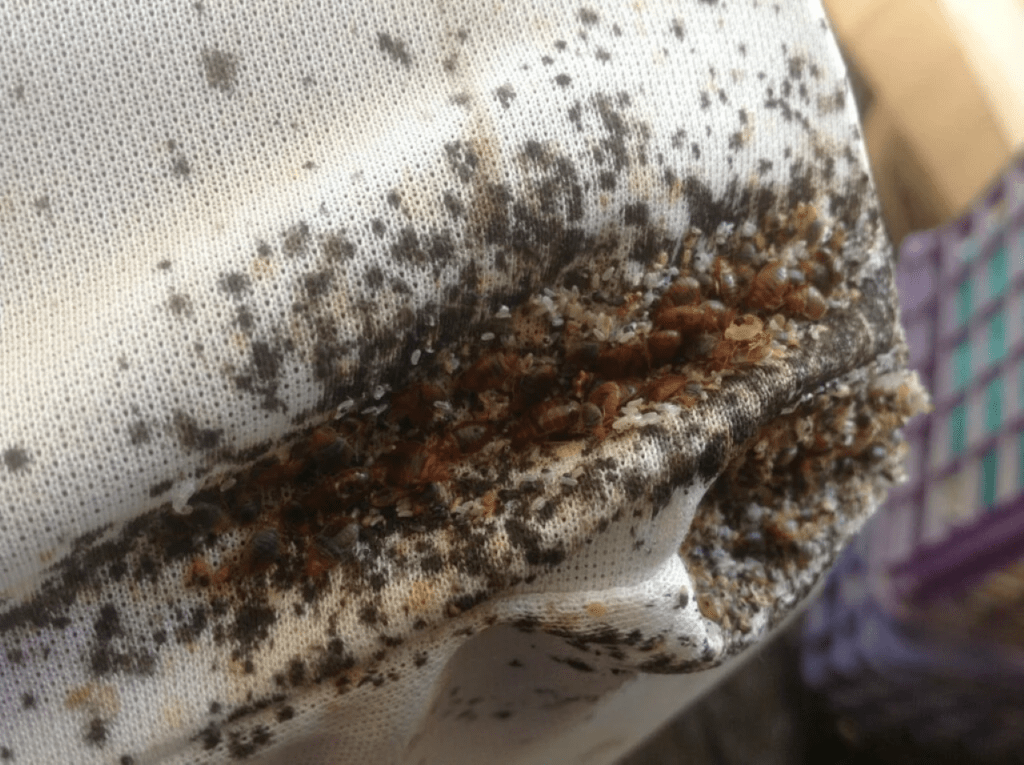 Bed bugs are small, parasitic insects that feed on the blood of humans and animals. They are commonly found in places where people sleep, such as mattresses, box springs, and bed frames. Bed bugs are often associated with uncleanliness, but they can be found in even the cleanest of homes. These tiny pests are notoriously difficult to get rid of and can cause a lot of stress and discomfort for homeowners.
Bed bugs are small, parasitic insects that feed on the blood of humans and animals. They are commonly found in places where people sleep, such as mattresses, box springs, and bed frames. Bed bugs are often associated with uncleanliness, but they can be found in even the cleanest of homes. These tiny pests are notoriously difficult to get rid of and can cause a lot of stress and discomfort for homeowners.
How Do Bed Bugs Spread?
 Bed bugs can easily hitch a ride into your home through luggage, clothing, or used furniture. They can also spread through adjoining walls or floors, making it possible for them to infest an entire building. Once inside your home, bed bugs can quickly multiply and spread to other areas, making them difficult to control.
Bed bugs can easily hitch a ride into your home through luggage, clothing, or used furniture. They can also spread through adjoining walls or floors, making it possible for them to infest an entire building. Once inside your home, bed bugs can quickly multiply and spread to other areas, making them difficult to control.
The Role of Mattress Protectors
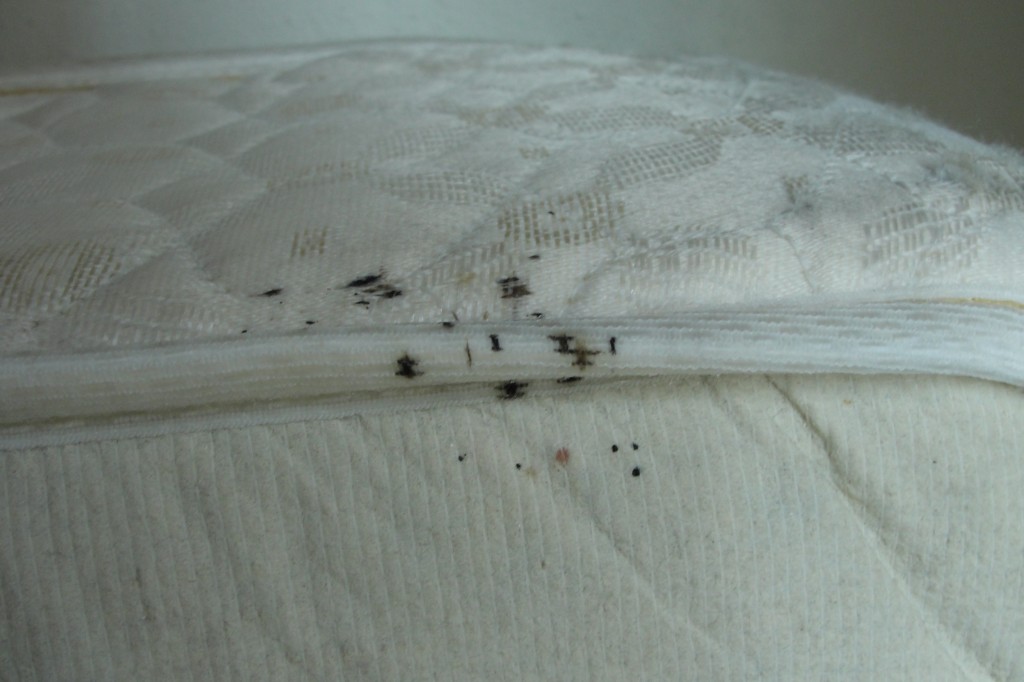 Mattress protectors
are specially designed covers that fit over your mattress, creating a barrier between you and any potential bed bugs. They are typically made of a tightly woven fabric that is impenetrable by bed bugs, preventing them from making a home in your mattress.
Mattress protectors
also have a waterproof layer, which can protect your mattress from spills and stains.
Mattress protectors
are specially designed covers that fit over your mattress, creating a barrier between you and any potential bed bugs. They are typically made of a tightly woven fabric that is impenetrable by bed bugs, preventing them from making a home in your mattress.
Mattress protectors
also have a waterproof layer, which can protect your mattress from spills and stains.
Can Mattress Protectors Stop Bed Bugs?
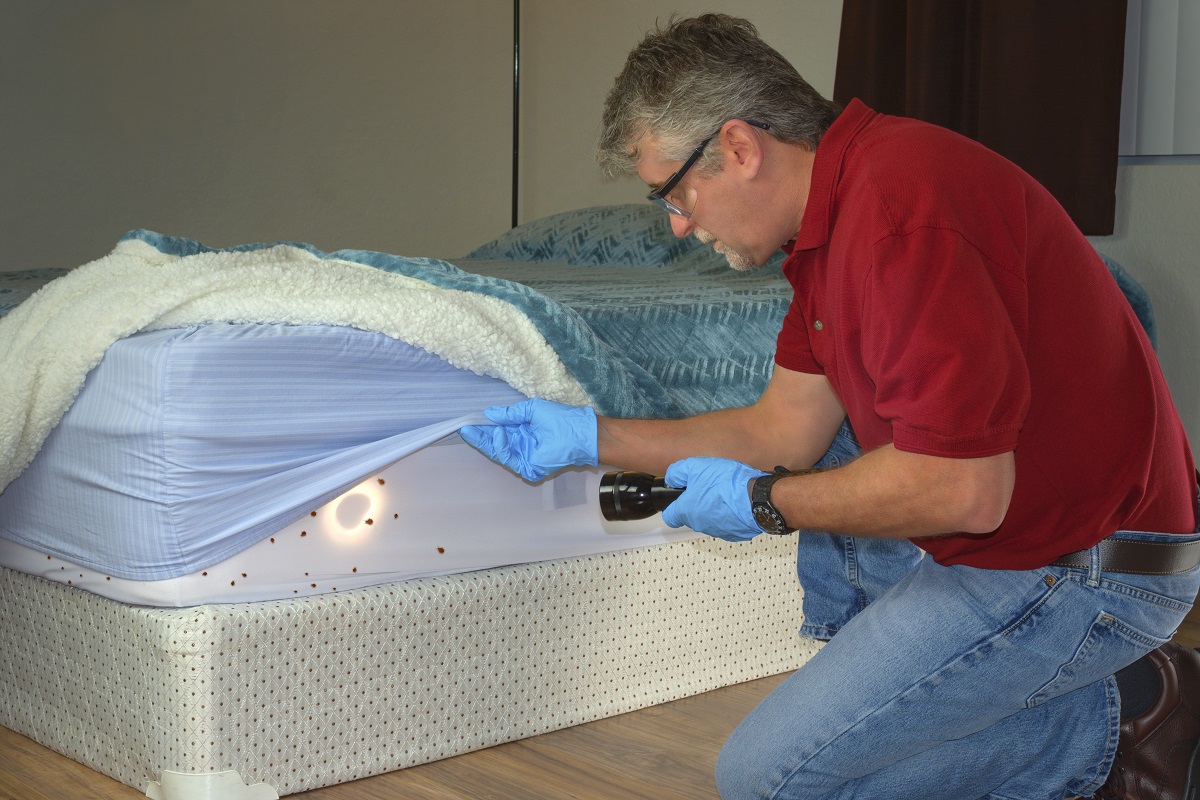 While
mattress protectors
may be effective in preventing bed bugs from infesting your mattress, they are not a foolproof solution. Bed bugs can still find their way onto your mattress through other means, such as through cracks in the walls or by hitching a ride on your clothing. However, using a
mattress protector
can significantly reduce the chances of a bed bug infestation.
While
mattress protectors
may be effective in preventing bed bugs from infesting your mattress, they are not a foolproof solution. Bed bugs can still find their way onto your mattress through other means, such as through cracks in the walls or by hitching a ride on your clothing. However, using a
mattress protector
can significantly reduce the chances of a bed bug infestation.
Other Tips for Preventing Bed Bugs
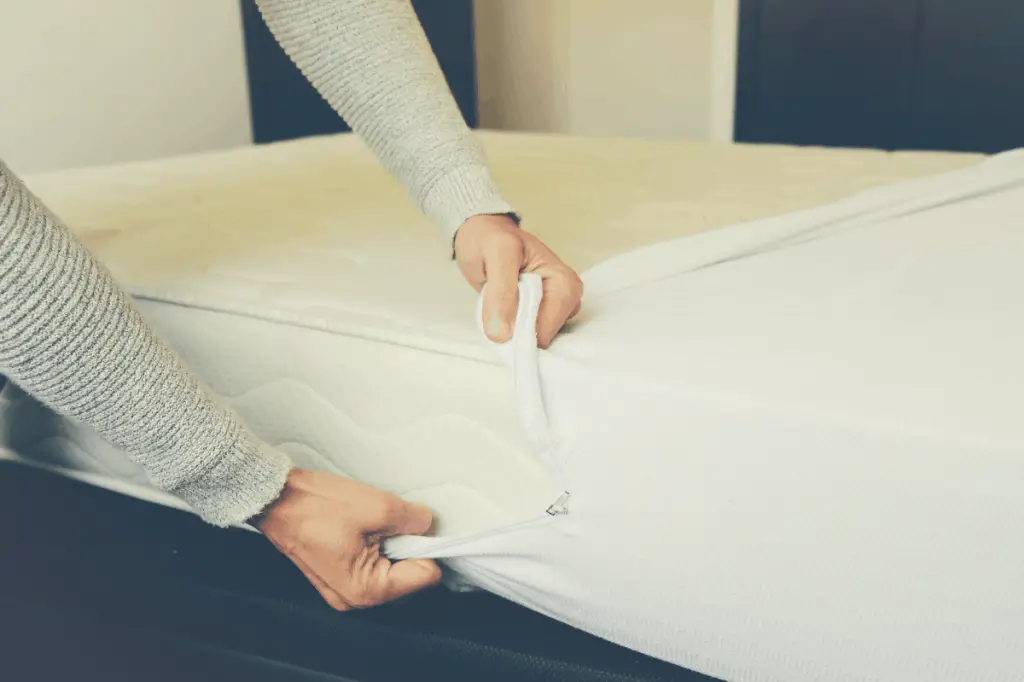 In addition to using a
mattress protector
, there are other steps you can take to prevent bed bugs from infesting your home. These include:
In addition to using a
mattress protector
, there are other steps you can take to prevent bed bugs from infesting your home. These include:
- Regularly inspecting your mattress and bedding for signs of bed bugs
- Washing and drying your bedding on high heat to kill any potential bed bugs
- Sealing any cracks or crevices in walls, floors, or furniture
- Using a bed bug spray or powder as a preventative measure
Conclusion
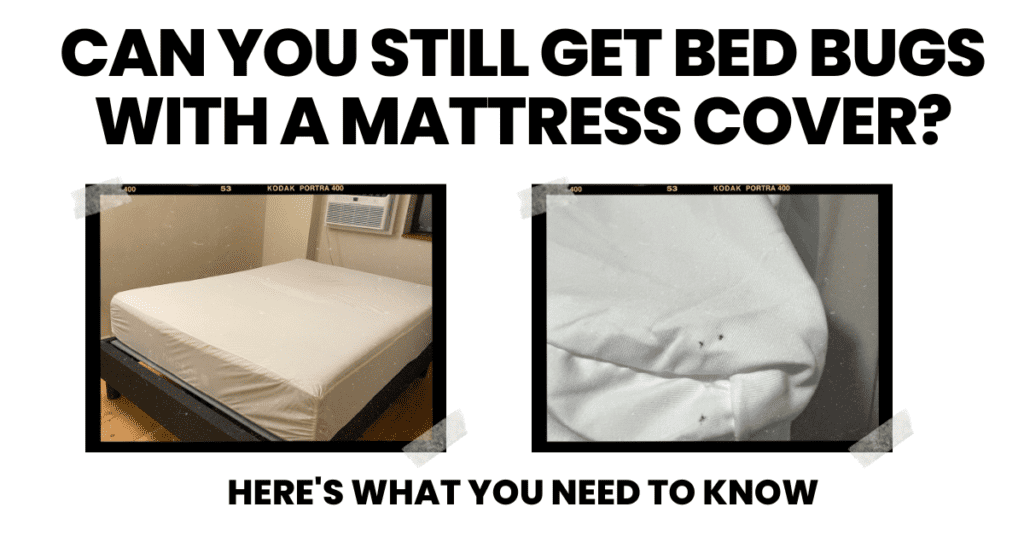 While
mattress protectors
may not be a guaranteed solution for preventing bed bugs, they can be a helpful tool in your overall prevention strategy. Regularly inspecting your mattress and taking other preventative measures can also greatly reduce the chances of a bed bug infestation. By being proactive and using multiple methods, you can help protect your home and family from these pesky pests.
While
mattress protectors
may not be a guaranteed solution for preventing bed bugs, they can be a helpful tool in your overall prevention strategy. Regularly inspecting your mattress and taking other preventative measures can also greatly reduce the chances of a bed bug infestation. By being proactive and using multiple methods, you can help protect your home and family from these pesky pests.
